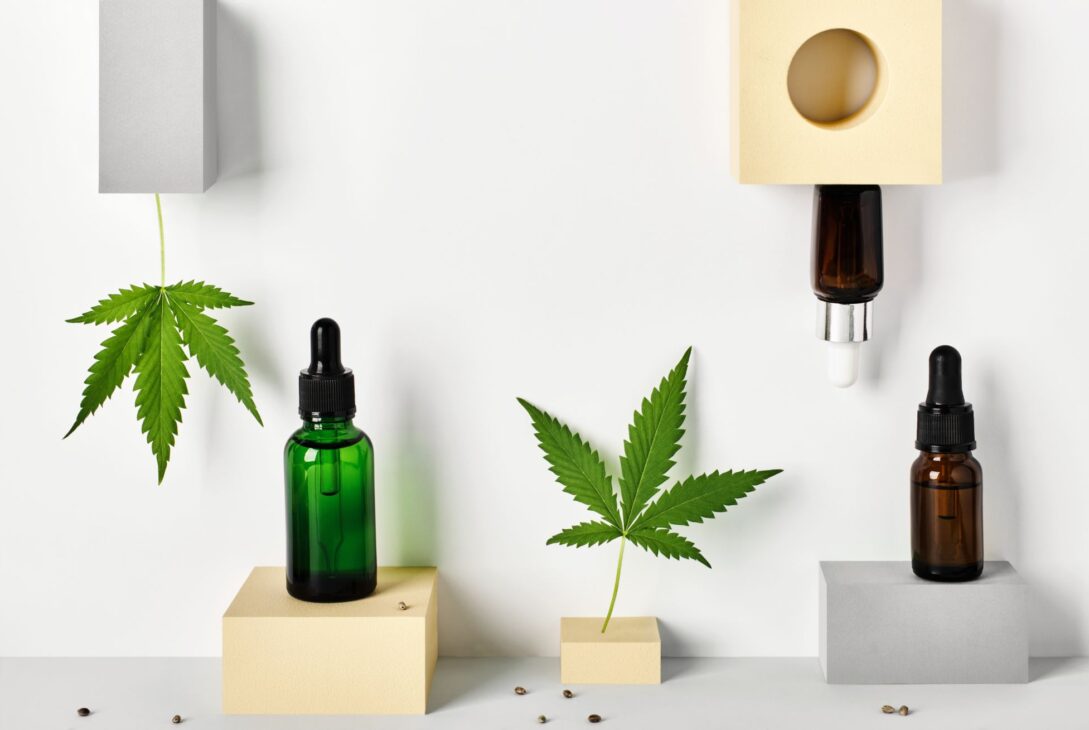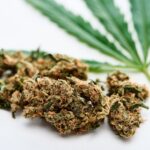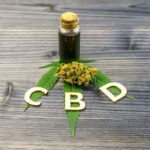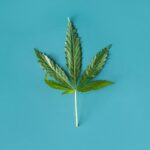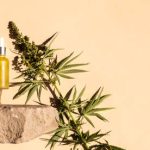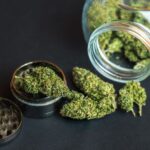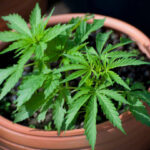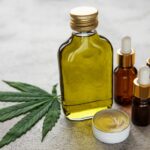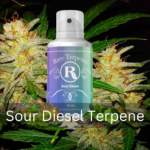Introduction
CBD, or cannabidiol, is one of the most popular botanicals in the United States. It’s taken from the cannabis sativa plant and can be consumed in many different forms. Delta 8 is one type of CBD that offers many benefits when it comes to reducing stress and anxiety while also promoting sleep and improving moods. There are many different types of Delta 8 products available on the market today, so let’s take a look at what they are:
Delta 8 Flower
Delta 8 flower is the most popular form of CBD, but it’s often hard to find. Delta 8 flower can be smoked or vaped, used to make edibles, and even added to food! This is the most affordable way to take CBD because you don’t have to buy any special equipment for it—just light up a joint whenever you want.
Delta 8 flower is also simple: all you have to do is smoke it like any other strain of weed. We recommend using a vaporizer if possible because it delivers more CBD per hit than smoking would.
Delta 8 Vapes
Vapes are a great way to get CBD into your body. They are highly convenient and can be used anywhere, at any time. They’re also discreet—you won’t have the telltale smell of smoking something on your breath or clothes!
Vapes are made from high-quality ingredients, so they don’t cause irritation in the throat or lungs like some other methods of consuming CBD might. Vapes can also be used with other cannabinoids like THC. This gives you more options for experimenting with different dosages and sensations as well as trying new flavors!
Delta 8 Gummies
The Delta 8 gummies are a great way to get your daily dose of CBD. They are made from hemp oil and contain no THC. These gummies come in a wide variety of flavors, including berry blast, sour green apple, and cherry pop.
They are also gluten-free and made with natural ingredients. The gummies come in packs of three, each containing 8 grams of CBD.
Delta 8 Tinctures
Tinctures are made from cannabis oil, and they’re taken orally. They’re a common way to consume CBD and come in different strains and strengths. Tinctures can be taken sublingually (under the tongue) or swallowed with water like most other liquids.
Delta 8 comes in three tincture flavors: peppermint, strawberry lemonade, and mint chocolate chip. Each bottle contains 300 mg of CBD per bottle—that’s about 10 servings worth!
Delta 8 Pills and Capsules
Delta 8 and capsules are the most convenient method of taking Delta 8. They’re easy to carry around with you, and they’re also easy to dose with. You can pop one in your pocket or purse and take it when needed without having to worry about putting oil on your fingers or spilling drops of alcohol tincture on yourself.
The downside of pills and capsules is that they’re not very bioavailable. This means that the Delta 8 is hard to absorb into your bloodstream, making them less effective than other methods. They also come with a much higher price tag as manufacturers have to add additional ingredients to make them more bioavailable and dissolve easily in your stomach.
CBD can be taken in many forms, including through flower, gummies, pills, and vapes.
Delta 8 is a type of cannabidiol (CBD), one of the two main cannabinoids found in marijuana.
Delta 8 is made from hemp and not marijuana, which means it’s legal in all 50 states.
The CBD oil that can be used for cooking and baking has a much higher concentration than what you’d use for vaping or other methods.
Conclusion
There are many ways to consume CBD, but the most popular is through gummies and vapes. If you’re interested in trying a new type of product, we recommend starting with flower or tinctures, as they can be a little more potent than other products on the market today.
Medical Disclaimer:
The information provided in these blog posts is intended for general informational and educational purposes only. It is not a substitute for professional medical advice, diagnosis, or treatment. Always seek the advice of your physician or other qualified healthcare provider with any questions you may have regarding a medical condition. The use of any information provided in these blog posts is solely at your own risk. The authors and the website do not recommend or endorse any specific products, treatments, or procedures mentioned. Reliance on any information in these blog posts is solely at your own discretion.

